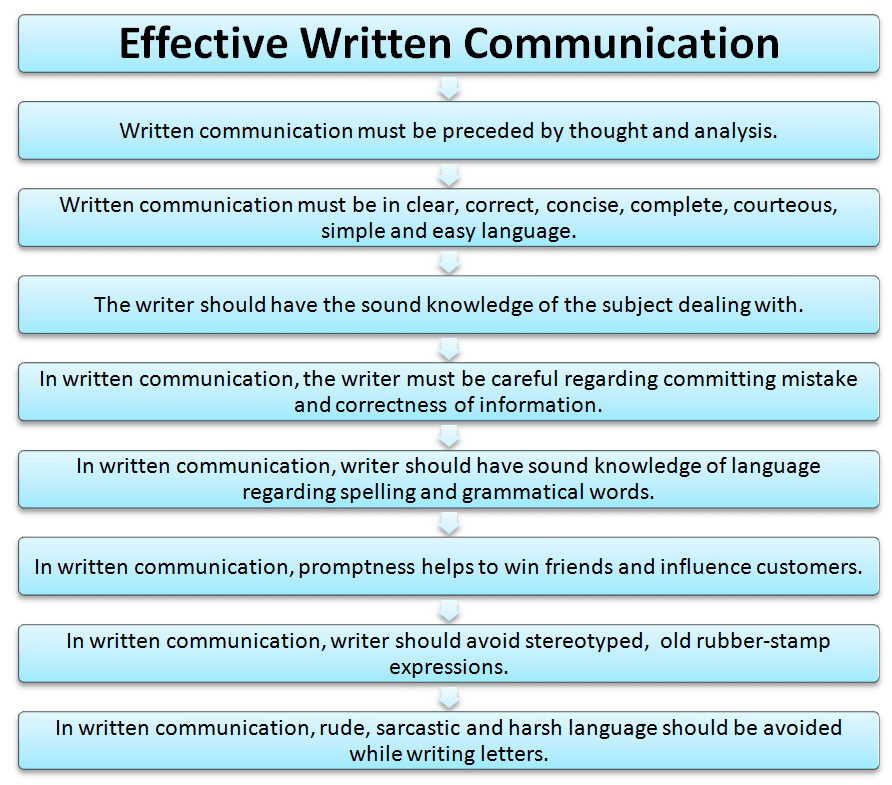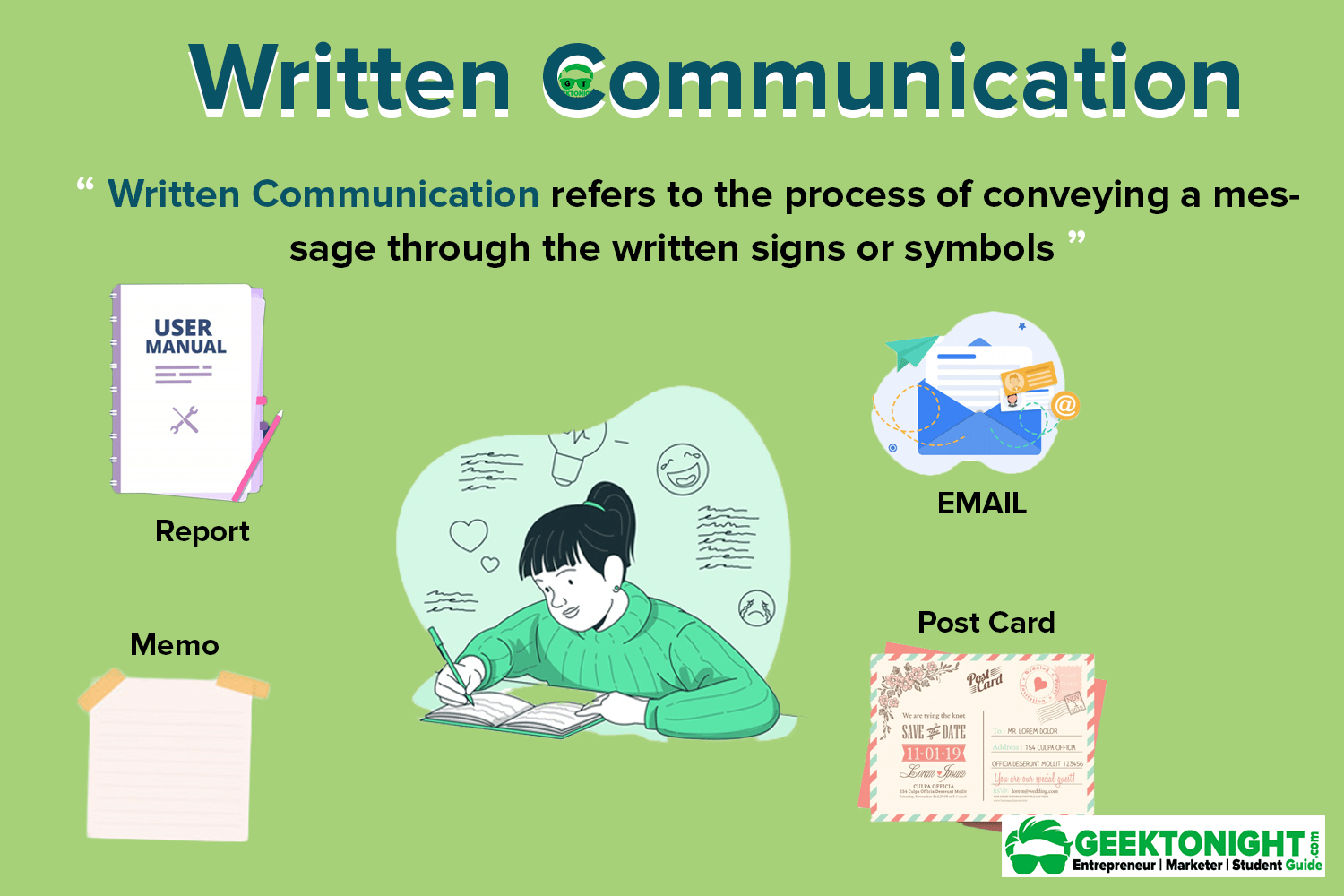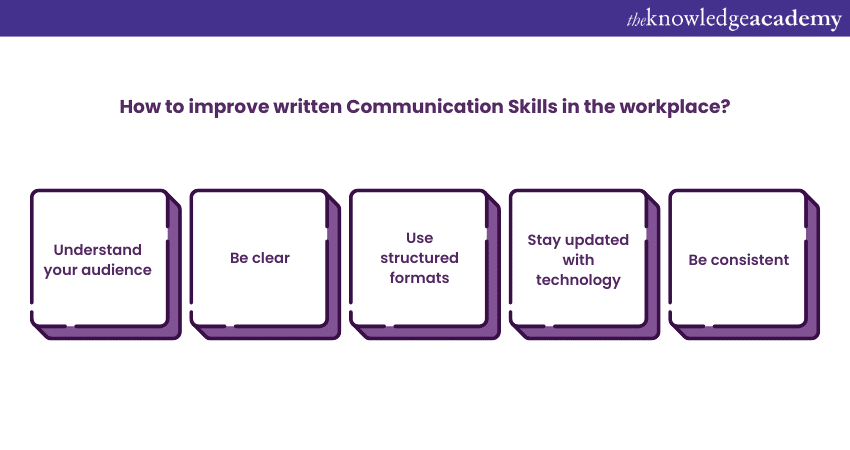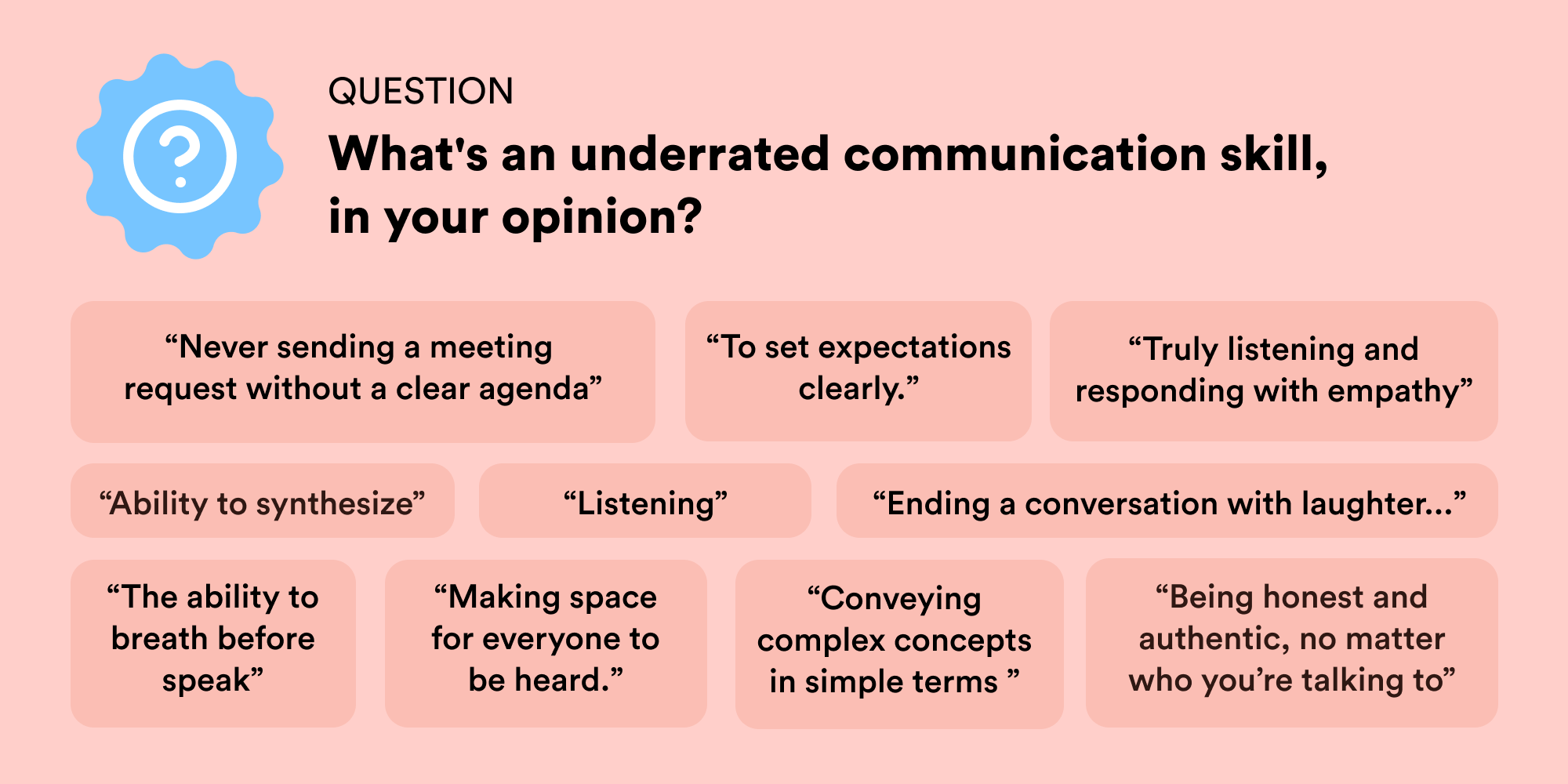Effective Written Communication Skills In Business/workplace

In today's fast-paced business environment, where remote work and digital interactions are increasingly prevalent, effective written communication has become more crucial than ever for organizational success.
A study by the Project Management Institute (PMI) found that poor communication is a primary contributor to project failure, costing organizations significant time and resources.
Effective written communication encompasses clarity, conciseness, and accuracy in emails, reports, presentations, and other business documents.
The Importance of Clarity and Conciseness
Clarity is paramount. Ambiguous language can lead to misunderstandings, delays, and ultimately, costly errors.
Forbes highlights the importance of using precise language and avoiding jargon that may not be understood by all recipients. This is especially critical in diverse workplaces with employees from various backgrounds and skill levels.
Conciseness is equally important. Busy professionals appreciate direct and to-the-point communication. Removing unnecessary words and sentences ensures that the key message is easily digestible.
The Role of Accuracy
Accuracy in written communication builds trust and credibility. Grammatical errors, typos, and factual inaccuracies can damage a company's reputation.
According to a report by the Society for Human Resource Management (SHRM), companies that invest in training employees in effective written communication see improved productivity and reduced errors.
Proofreading and editing are essential steps to ensure accuracy. Utilizing grammar and spell-checking tools is a practical way to minimize errors before sharing your work.
Adapting to Different Communication Channels
The choice of communication channel can significantly impact the effectiveness of your message. Email is often used for formal communication and documentation.
Instant messaging platforms like Slack and Microsoft Teams are suitable for quick updates and informal discussions. Understanding the strengths and limitations of each channel is essential for effective communication.
According to a Gallup poll, employees who feel well-informed are more engaged and productive. Choosing the right channel is crucial for keeping employees connected and informed.
The Impact of Poor Written Communication
Poor written communication can have far-reaching consequences. It can lead to misunderstandings, damaged relationships, and missed opportunities.
A recent study by The Economist Intelligence Unit revealed that communication barriers cost businesses an average of $62.4 million per year.
Addressing these challenges requires a commitment to continuous improvement. Organizations should invest in training programs that enhance employees' written communication skills.
Strategies for Improvement
There are several strategies to improve written communication skills. Practice active listening and seek feedback. Active listening involves understanding the audience and their needs before crafting your message.
Soliciting feedback from colleagues can provide valuable insights into the clarity and effectiveness of your writing. Participate in workshops and online courses. Many institutions offer courses designed to improve business writing skills.
These courses often cover grammar, style, and techniques for writing clear and concise messages. Read widely and expand your vocabulary. Exposure to good writing can improve your own writing style.
The Human Element
Consider the story of Sarah Chen, a marketing manager who significantly improved her team's performance by emphasizing clear and concise communication in all marketing materials.
She implemented regular writing workshops and encouraged team members to seek feedback on their writing. As a result, campaign performance increased, and internal communication improved substantially.
This exemplifies the tangible benefits of focusing on effective written communication in the workplace.
Conclusion
Effective written communication is no longer just a nice-to-have skill; it is a fundamental requirement for success in today's interconnected business world.
Organizations that prioritize and invest in developing these skills will be better positioned to achieve their goals and maintain a competitive edge.
By embracing clarity, conciseness, and accuracy, businesses can unlock the power of effective written communication and drive success.


















